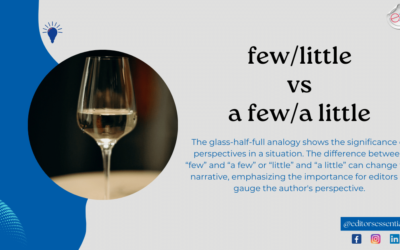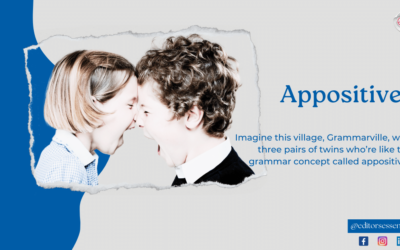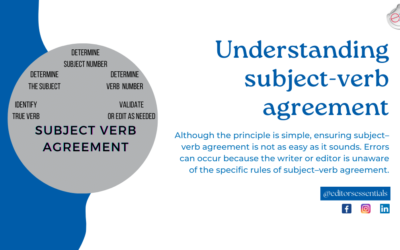One of my blog posts that bring in several new visitors is “however vs. though“. So I thought I should share some example sentences with you all. You may try to find out whether the sentences are correct and punctuate accordingly. More precisely, use “however”, not “though” to mean “however”; use “though” when “although” is warranted.
- The Indian cricket team has not played like a champion side, however the team qualified for the finals, eventually winning the cup.
- However the hard you practice, the more skilled you become.
- The boy said he was interested in her; she knew that it was only a lip service, though.
- Though the boy said he was interested in her, she knew that it was only a lip service.
- However differently you look at the crime, you cannot think of an alternative motive.
- The summer brings with it scorching sun. The children however never mind and play all day.
- The performers played their hearts out; the audience however seem to be less admiring.
I’m not planning to publish the answers or comments to this post. Ask, and you shall receive them.




0 Comments